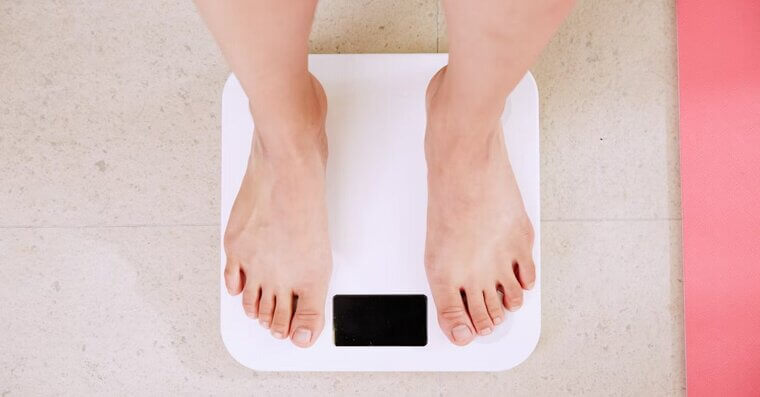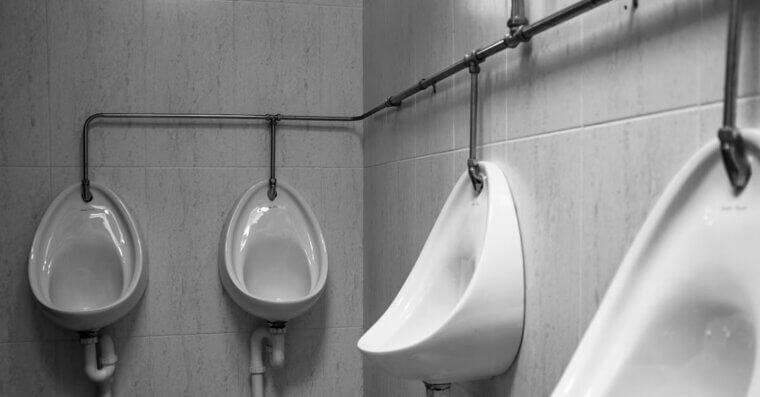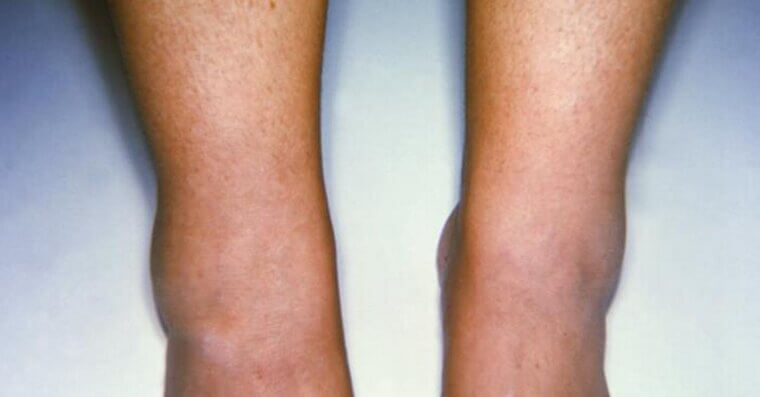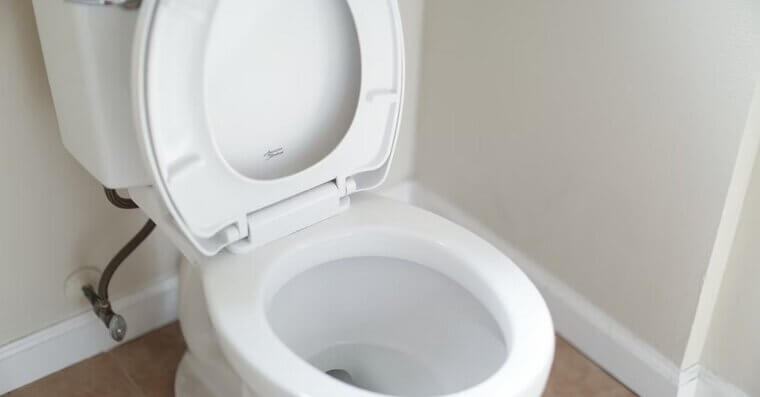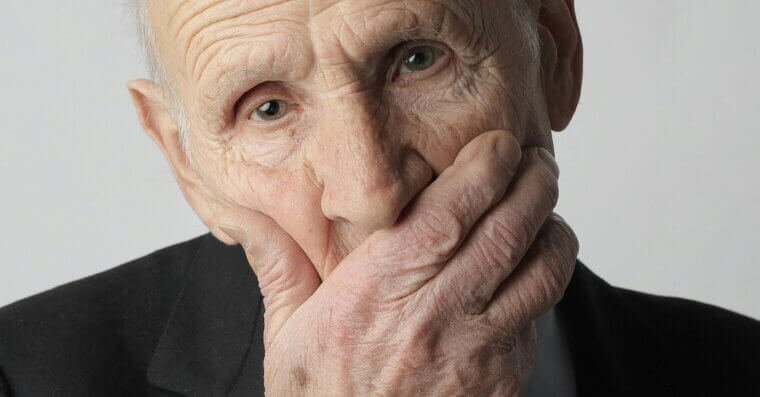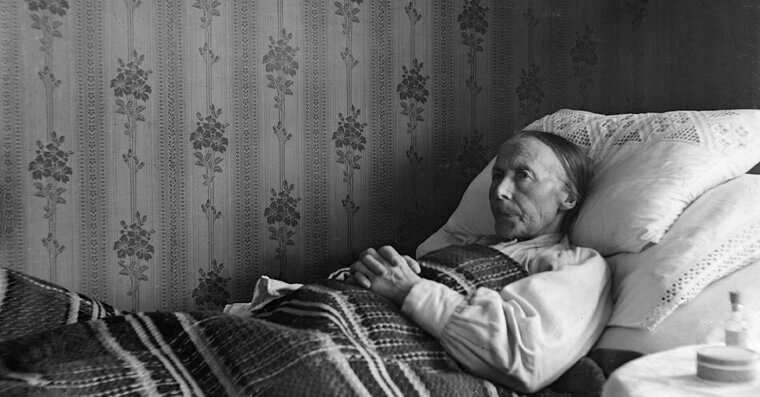Reaching Middle Age
Hitting 50 is a milestone - full of new opportunities, but also new health considerations. As our bodies age, certain symptoms that might have been written off in younger years can actually signal something more serious. Staying on top of these changes can make a huge difference in preventing dangerous, and in some cases even life-threatening, problems.
Shortness of Breath
Getting winded climbing a flight of stairs might seem normal once you’re getting older, but persistent shortness of breath can indicate heart or lung problems. Or it could possibly be asthma, which can sneak up on those 50 years old and over.
Unexplained Weight Loss
Dropping pounds without trying does sound good to some people – but don’t be fooled. Unexpected weight loss, especially if you’re over 50, may well be a sign of cancer. Your metabolism does slow down naturally, but sudden weight loss is different.
Persistent Fatigue
Feeling tired all the time isn’t just about needing more sleep. After 50, it can point to anemia, heart issues, or sleep apnea. Even if you’re getting seven or eight hours a night, chronic fatigue shouldn’t be ignored. Go see a doctor and explain the symptom.
Hair Loss or Thinning
If you’re losing your hair, don’t just write it off as a sign of growing old. Hair loss is linked to all sorts of health problems – stress might be the culprit, or even certain medications you take. See a doctor and they’ll be able to offer advice.
Chest Pain or Pressure
This one’s a big red flag. Any unexplained chest pain or pressure - especially with sweating, nausea, or shortness of breath - could signal heart trouble. Don’t wait it out, get someone to take you to the ER straight away.
New or Worsening Headaches
Everyone gets headaches, but after 50, sudden, severe, or unusual headaches shouldn’t be ignored. They could indicate serious things, including a stroke risk or a tumor. Track the frequency, location, and severity, and get medical advice if they feel different from your usual pattern.
Changes in Vision
Blurriness, double vision, or sudden loss of sight is a big deal. Whatever you do, don’t put your ability to see at risk. Even if the symptoms go away, head to a doctor as soon as you are able and get an eye test. Some people put this off because they fear not being able to drive anymore, but please don’t do this.
Trouble Sleeping
Insomnia or restless nights can be frustrating, but chronic sleep problems after 50 can impact heart health, memory, mood, and overall well-being. There are all sorts of disorders that could be the cause, including sleep apnea, and you owe it to yourself to find out what’s going on.
Persistent Cough
A cough that sticks around for weeks could be a sign of lung disease, asthma, or even – unfortunately, it’s one of the biggest killers- - cancer. Don’t assume it’s just a lingering cold. And if you notice blood when you’re coughing, don’t hesitate to go to the doctor.
Sudden Weakness or Numbness
A sudden weakness or numbness on one side of your body can be a warning sign of a stroke. Don’t wait it out, call emergency services immediately. Quick treatment can prevent long-term damage and potentially save your life. It can’t hurt to teach your family members what the sign of a stroke is, as well, so they know to call an ambulance if your face droops.
Frequent Urination
Urinating more often than usual could signal diabetes or a bladder infection. Even if it’s just mildly annoying, it’s worth a checkup. Catching problems early can prevent complications and stop things getting to a point where you can’t leave the house.
Persistent Back Pain
It’s almost a stereotype, the old person complaining about back pain. But it’s rooted in reality – back pain does become more frequent as you age. If you’re suffering, head straight to the doctor or physical therapist, they may be able to prevent worse pain in the future.
Swelling in Legs or Ankles
Puffy ankles or legs might be from standing too long - but persistent swelling could indicate arthritis. Watch for sudden increases and redness in the area and get it checked. Early intervention can prevent bigger issues down the road.
Persistent Indigestion or Heartburn
Occasional heartburn and indigestion is normal, but if it gets constant, and over-the-counter remedies aren’t helping, you need to go to a doctor. You might have an ulcer, or even a heart problem. Better safe than sorry.
Difficulty Swallowing
Trouble swallowing or a persistent feeling of food sticking could point to acid reflux or esophageal issues. Don’t ignore it - it’s not just part of getting older. There are the obvious dangers of choking, and then there’s the fact that it’s another sign of cancer.
Sudden Mood Changes
Adult life is stressful, there’s no doubt about that. But if you’re feeling especially anxious and depressed and there’s no real reason, it may be time to go a doctor, especially if you’re over 50. No-one likes to think about this, but those symptoms could be a sign of cognitive issues.
Memory Lapses
Everyone forgets things now and then, but after 50, frequent or worsening memory lapses could be an early sign of dementia or other neurological issues. Keep track of what’s going on, tell your family, and discuss your fears with a doctor. Hope is not lost.
Abdominal Pain or Bloating
Persistent abdominal pain after you hit 50 can indicate many things, but the most dangerous of them is colorectal cancer. Unfortunately, checking for cancer simply becomes a rite of passage as you get older. Go and see a doctor and explain your concerns.
Frequent Infections
If you find yourself catching nasty colds or other illnesses more often than before, it could mean your immune system is weakening or an underlying condition like diabetes or kidney disease is asserting itself. Track how often you get sick and take that information to the doctor.
Skin Changes
You should be keeping a close eye on your skin as you get older – though young people should be too, of course. If you see a new mole, or an old one changing in shape or color, go to a doctor. It could be an early sign of skin cancer, and the sooner you catch it the better.
Changes in Bowel Habits
No-one wants to think about what they leave in the toilet every day… but checking your feces for blood is one of the best ways to avoid bowel cancer. Simply glance before you flush, and if you notice anything amiss, go to your doctor. Don’t be embarrassed, they’ve seen and heard it all before.
Persistent Nausea or Vomiting
Feeling nauseated or vomiting regularly can ruin days easily, and it’s a sign your body is trying to tell you something. Causes range from digestive issues and medication side effects to liver, kidney, or metabolic disorders. Don’t chalk it up to getting older, it’s not supposed to happen.
Unexplained Bruising or Bleeding
If you notice bruises appearing out of nowhere or unusual bleeding, don’t ignore it. After 50, these symptoms could signal blood disorders or liver problems. Take a picture of the bruises or cuts as they appear so you have a note of the date, and head to your doctors.
Jaw Pain
Jaw pain is often brushed off as a dental issue, but after 50, it could indicate heart trouble. Pain or discomfort in your jaw - especially during exercise - can be a warning sign of angina or even a heart attack. Don’t wait for it to get severe.
Persistent Fever or Chills
Ongoing low-grade fever or repeated chills aren’t normal after 50, no matter what you might have been led to believe. The changes could indicate infections, autoimmune disorders, or cancer. Even if you feel okay otherwise, don’t brush it off.
Unusual Fatigue After Exercise
Feeling exhausted after light activity can be a warning sign of something bad going on. Heart or lung conditions, anemia, or thyroid issues could be making it harder for your body to recover. As with all things, early intervention can help, so see a doctor straight away.
Persistent Cramps or Tingling
Muscle cramps, tingling, or numbness in your hands, feet, or legs can be alarming, and that alarm should lead you to a doctor. These symptoms might point to nerve compression, circulation problems, vitamin deficiencies, or diabetes-related issues.
Changes in Appetite
Changes in appetite might be subtle at first, but they can affect the weight, energy, and overall health of a 50+ person. Go to your doctor if you feel you’re not eating properly, especially if you’ve been feeling depressed recently – appetite and mental health are linked.
Persistent Dizziness or Fainting
Feeling dizzy or fainting can be scary, and after 50, it’s not something to ignore – injuries from a fall can be very serious. Causes can range from heart issues and low blood pressure to inner ear problems. After your first faint, you need to go straight to a doctor.
New or Unexplained Pain
Any persistent, unexplained pain - whether in joints, muscles, or nerves - deserves attention after 50. It’s true that you ache more as you age, but nonetheless new or worsening pain might signal arthritis or nerve issues. Don’t just tough it out, getting a proper diagnosis is important.



